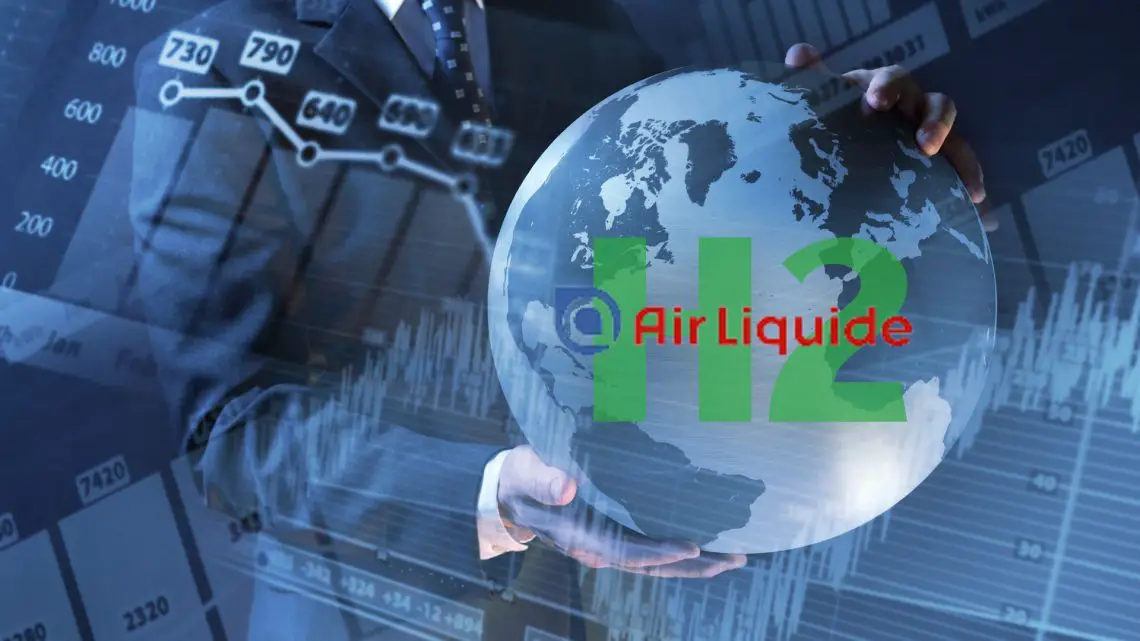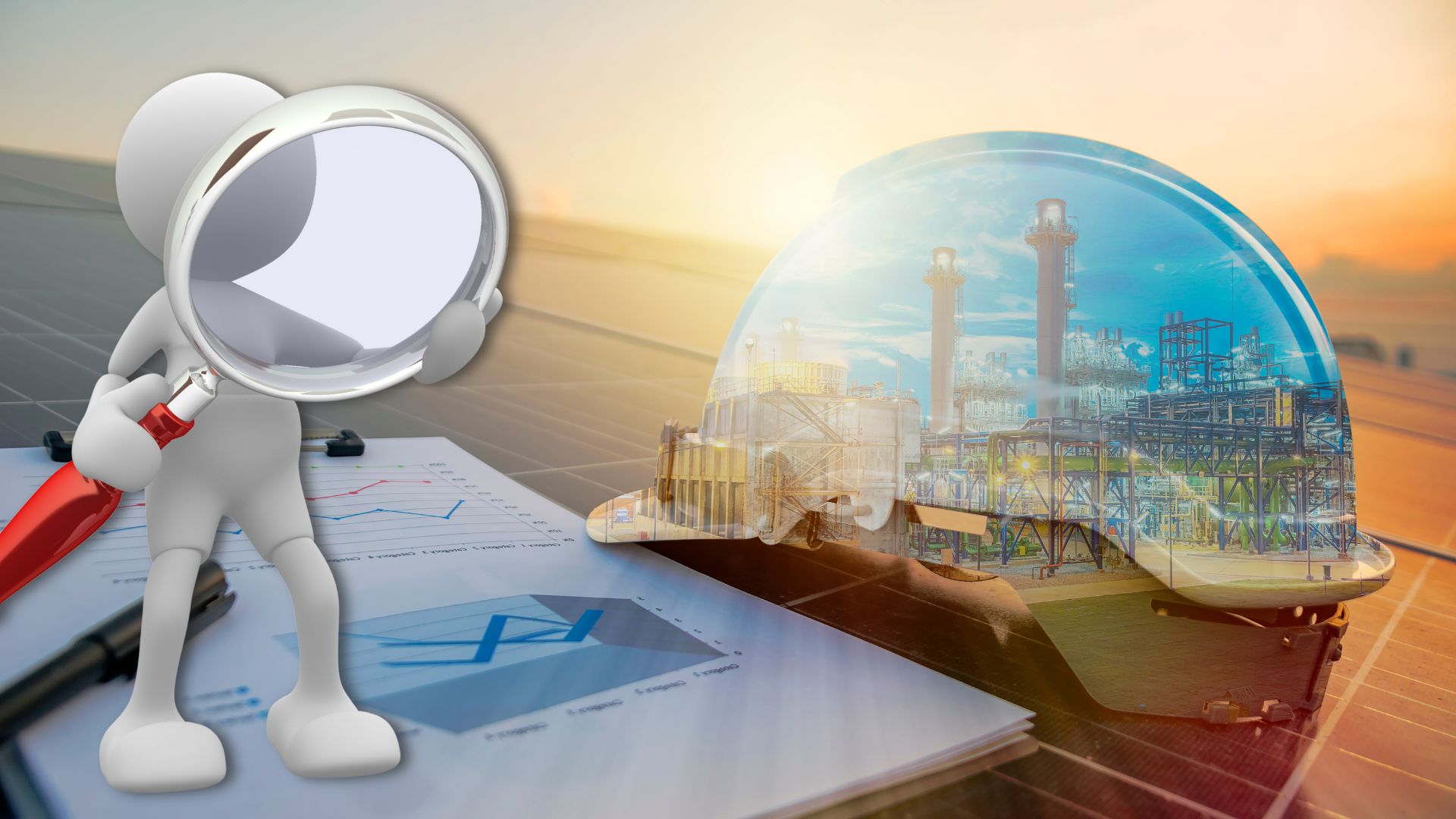
What Analysts are Saying About Air Liquide’s Impact on the Hydrogen Economy
December 5, 2024Air Liquide’s Advancements in Renewable Hydrogen and Decarbonization
Air Liquide, a global leader in the industrial gases sector, continues to make waves with its ambitious projects aimed at fostering sustainable energy solutions. Known for its expertise in hydrogen technology and industrial gas applications, the company recently announced a new renewable hydrogen production facility in La Mède, France. Here, we explore Air Liquide’s innovative projects, its role in the industry, and how its technologies may shape the future of energy and sustainability.
Recent Projects and Developments
Air Liquide has been actively engaged in advancing the hydrogen economy and strengthening its industrial presence. Here are this year’s key updates and projects:
Renewable Hydrogen Facility at La Mède:
- A €80+ million investment to build a hydrogen production unit with a capacity of 25,000 tonnes per year.
- Hydrogen will be produced from recycled biogenic by-products, reducing reliance on fossil hydrocarbons.
- The hydrogen will be supplied to TotalEnergies’ biorefinery under a long-term contract, supporting the production of biofuels and sustainable air fuels (SAF).
Operational Efficiency and Expansion:
- Air Liquide operates three air separation units, a hydrogen production unit, and a hydrogen network in the Fos-sur-Mer area.
- The company focuses on integrating circular economy principles, such as the Grandpuits project and collaborations with TotalEnergies for renewable hydrogen at the Normand’Hy electrolyzer.
Stock Upgrades by Analysts:
- JPMorgan upgraded Air Liquide’s stock rating to Overweight, with a price target raised to €195.
- Jefferies upgraded its rating to Buy, citing consistent financial improvements.
- Citi maintained a Buy rating while projecting considerable margin improvements by 2025.
What Does Air Liquide Do?
Air Liquide specializes in the production and supply of gases like oxygen, nitrogen, and hydrogen. These gases are essential for a broad range of industries, including healthcare, energy, electronics, chemicals, and manufacturing. The company plays a critical role not only in industrial operations but also in driving sustainable energy transitions through its innovative technologies. With a steadfast focus on decarbonization, Air Liquide collaborates with energy producers and governments to support hydrogen production, reduce carbon emissions, and implement circular economy initiatives.
Understanding Hydrogen Technology
Air Liquide’s hydrogen technology revolves around providing clean, low-carbon hydrogen for industrial and transport applications. Hydrogen can be produced in several ways, two of which the company is focusing on:
Electrolysis:
- Hydrogen is produced by splitting water into hydrogen and oxygen using renewable energy sources.
- This method results in “green hydrogen,” which is completely free of carbon emissions.
Biogenic By-Product Processing:
- Instead of traditional fossil fuels, Air Liquide uses biogenic materials (natural, renewable organic matter) to produce hydrogen.
- This approach significantly reduces greenhouse gas emissions compared to conventional methods.
The hydrogen produced is used as a clean fuel for transportation and as a vital input for industries such as refining and chemicals. It also plays a role in creating sustainable air fuels (SAF), seen as a major contributor to decarbonizing the aviation sector.
Why Air Liquide Stands Out in the Industry
Several factors contribute to Air Liquide’s reputation as a leader in industrial gases and clean energy innovation:
Proven Track Record:
Air Liquide has maintained dividend payments for over 30 years, showcasing its stable growth and financial robustness. It also maintains a gross profit margin of 61.54%, reflecting its operational efficiency.Strategic Investments:
The company’s investments in renewable hydrogen from electrolyzers and biogenic by-products demonstrate its commitment to leading the energy transition. These initiatives not only reduce emissions but also secure long-term customer contracts.Global Network and Expertise:
With advanced production units, hydrogen facilities, and gas networks worldwide, Air Liquide has established itself as a trusted partner for industries seeking reliable energy solutions.Focus on Decarbonization:
Air Liquide works closely with large industrial players like TotalEnergies to help them decarbonize their processes, such as reducing CO2 emissions at biorefineries by substantial amounts.Research and Development:
The company prioritizes innovation, investing heavily in the development of technologies that support a low-carbon future.
Looking Ahead
The developments discussed highlight Air Liquide’s impact on the energy sector, but the broader focus should remain on how hydrogen technology aligns with global sustainability goals. Renewable hydrogen, for instance, offers immediate applications for reducing carbon footprints in industries and transportation. While it is not a one-size-fits-all solution, adopting these technologies in tandem with renewable energy sources can accelerate our transition to a low-carbon economy.
With time and sustained investment, hydrogen-powered transport and SAF production could transform how we fuel vehicles and aircraft. Additionally, incorporating biogenic waste into energy production supports the circular economy, addressing environmental and resource challenges simultaneously.
*ATTN: This content is provided for informational purposes only and does not constitute financial advice, an offer, or a solicitation to buy or sell any securities, financial products, or instruments. Readers should conduct their own research and consult with a qualified financial advisor before making any investment decisions. Past performance is not indicative of future results, and all investments involve risk, including the potential loss of principal. The information herein is believed to be accurate at the time of publication but is subject to change without notice. Always consider your individual financial situation, goals, and risk tolerance before making investment choices.




 With over 15 years of reporting hydrogen news, we are your premier source for the latest updates and insights in hydrogen and renewable energy.
With over 15 years of reporting hydrogen news, we are your premier source for the latest updates and insights in hydrogen and renewable energy.